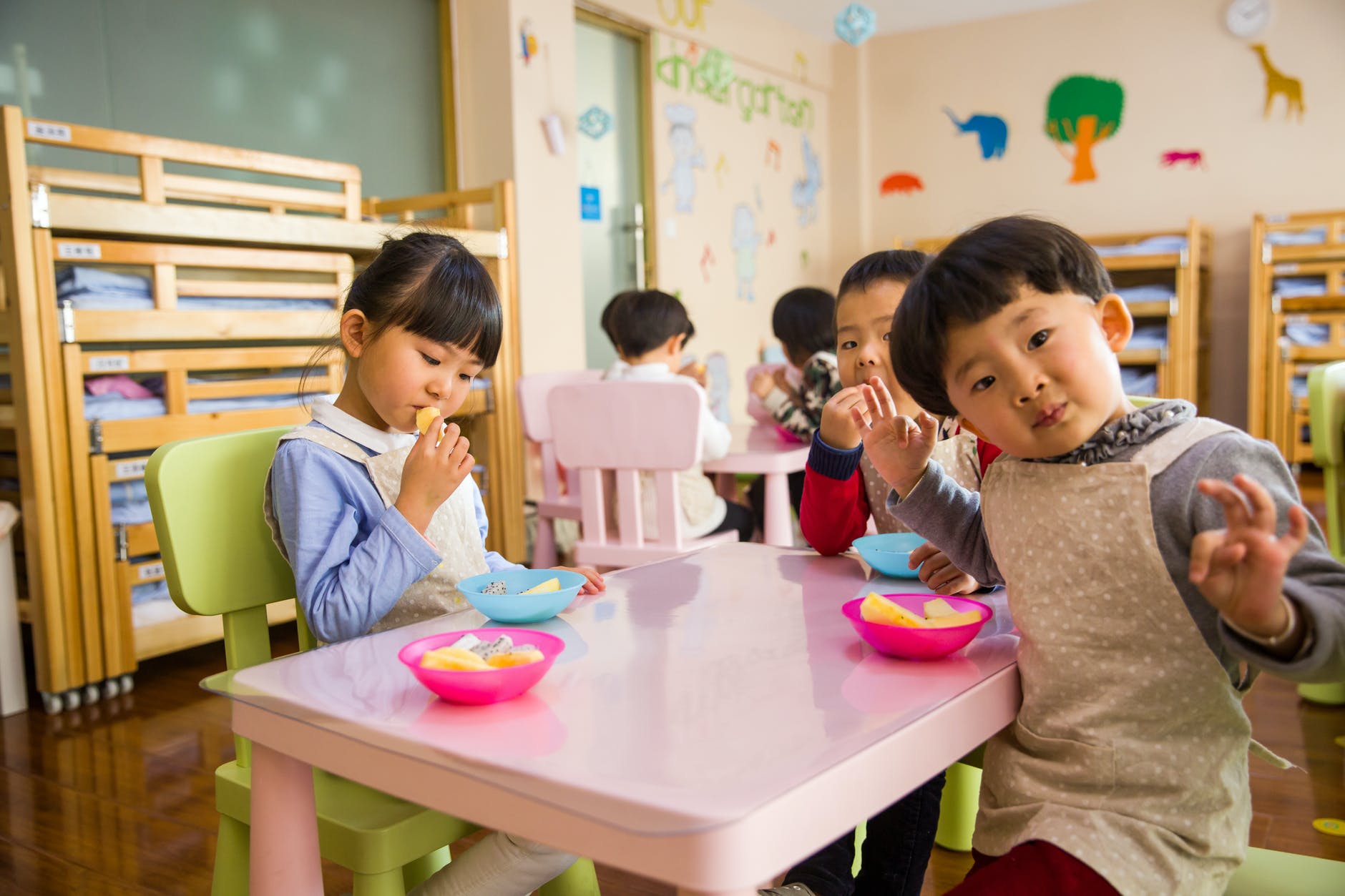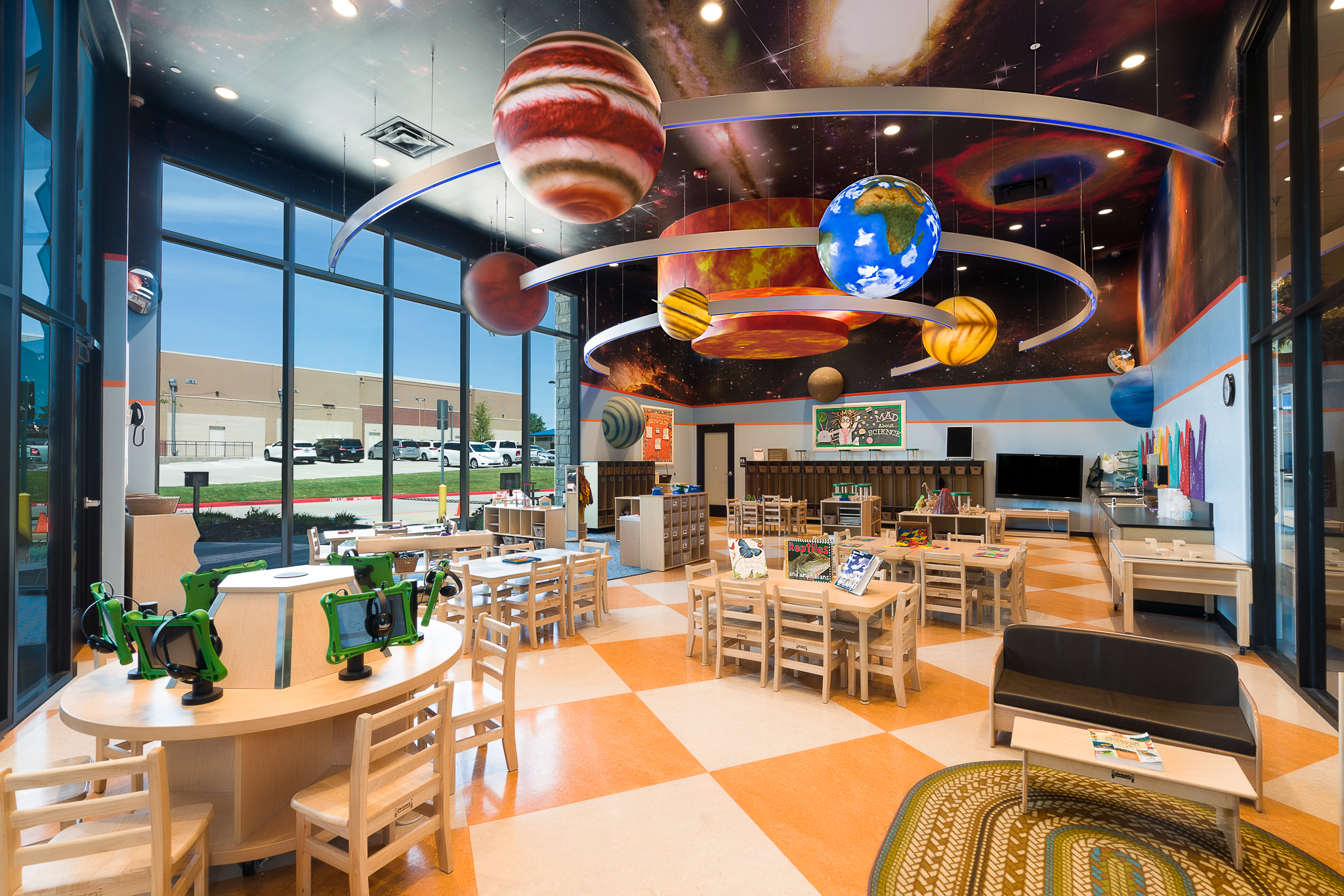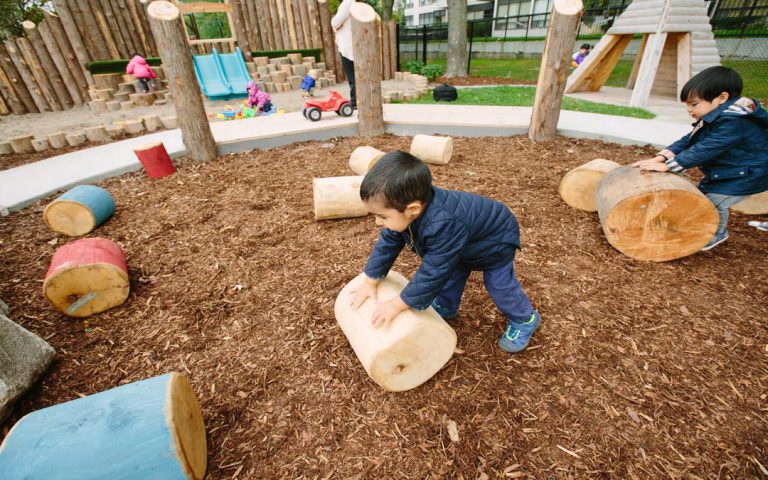Great! you’ve finally reach that moment in your life where you can breathe and finally relax on the idea of putting your special needs child in daycare.
Finding a child care center is no easy task! But finding a preschool for a child with a disability can be very challenging, and believe me I know first hand as a parent that this is very scary because I used to work and volunteer in a child care center before.
Also, due to the pandemic families-are struggling to find child care for kids with special needs which has pose a lot problems for parents that lost their jobs.
So let’s take a look at the ten tips I would recommend that you should look for when finding the best daycare for your special needs child.
Find Child care for Special Needs Kids
Tip 1: Curriculum
Yes the child care center that you choose should have a curriculum and not just any curriculum either. The preschool program should accommodate your special needs child and also include activities that are age appropriate for them. For example, let’s say you have a 3-year that’s not potty trained due to toileting issues.
If your daycare chooses to keep your child in the program and than just move them back to the 2-year old classroom than they should be providing the same curriculum as to what he/she would be getting in the 3-year old classroom. So let’s take a look at below some of my favorite curriculums that some child care providers use at their schools.
- The Creative Curriculum: My favorite curriculum of all time, this research-based curriculum supports the development of the whole child. High-quality, comprehensive resources empower educators to intentionally teach and care for our youngest learners during the most critical and formative years of development.
- HighScope Preschool Curriculum: In this program teachers ignite children’s interest in learning by creating an environment that encourages them to explore learning materials and interact with adults and peers. They focus on supporting early learners as they make decisions, build academic skills, develop socially and emotionally, and become part of a classroom community.
- Bank Street Curriculum: Known as the developmental-interaction approach, this curriculum recognizes that all individuals learn best when they are actively engaged with materials, ideas, and people, and that authentic growth requires diverse and nurturing opportunities for ongoing social, emotional, and cognitive development.
- Oak Meadow and Waldorf Curriculum: If you’re looking for a curriculum that wants to eliminate TV and technology all together than this is the curriculum for you because this curriculum incorporates through the use of fairy tales, legends, and myths that speak to the divine spark within all humanity; through music, art, and dance; and through the teacher that brings to the learning process itself, and seeks to instill within students a sense of wonder and reverence for all creation.
Tip 2: Diversity/Representation
I can’t stress this enough about ensuring that you include your child in a preschool program that promotes diversity and representation of how your child looks. I mean do you want to send your child to an all exclusive daycare that only teaches children with Down Syndrome or Autism?
Now there is nothing wrong with sending them to an all special needs day care, but try to include them in a diverse settings with various backgrounds in disabilities (Autism, AH/HD, Down Syndrome, and etc.).
Representation means everything and if you’re interested in some cool books that shows diversity and representation than check out my other blog post called amazons-top-selling-childrens-books-for-children-with-disabilities.
Tip 3: Knowledgeable Staff
When you’re trying to find a daycare, preschool, or child care center for any child you always want to make sure that each child care worker is knowledgeable about children with disabilities. Knowing this piece of information gives parents, children, and advocates the sense of comfort when working with special needs kids.
When touring the daycare it is imperative that you asks about the staff at the center and here is a list of things that I recommend that you should ask when interviewing, and these are just a few to name but also the most popular questions when asks when meeting for the first time at the child care center.
- What is the turnover rate at your center?
- Are all the Teachers certified?
- What is your behavioral policy?
- Are your classroom handicap accessible?
- Are the Teachers certified and trained in CPR?
- Do you take children with toileting needs?
- Are the Teachers trained in working with children with disabilities?
- What is the protocol for when my child bites or is bitten by another child?

Tip 4: Environment (Inside/Outside)
The environment in which we do things and how we treat others others play into a huge component about how we feel and cooperate with others when it comes to learning. When looking for a child care center pay attention to the inside and outside of the center. Here are just a few tips listed below of what I would normally look for when looking for a child care center that I’m interested in.

- Inside: Try to find a center that has a great sensory room and that shows a lot of interest in the child’s preferred activities. For example, in this picture to the right a child with Autism may like this room due to it’s Solar System theme.

Outside: Try finding a child care center that focuses on your child’s preferred needs by looking for an environment that can help your child thrive in. For example, nature preschools are great for children with disabilities because of their interest in insects.
Tip 5: Behavior
So behavior is by far the number one reason why it’s so hard for parents to find child care for their child with special needs. I couldn’t tell you how many articles I’ve read about children with special needs being expelled from preschools and daycare centers not allowing children with disabilities to attend their programs or centers.
Similar to what I said earlier about the staff being knowledgeable about children with special needs, these are some questions below that you should also be asking when touring and interviewing for a spot in their program.
- What happens when my child throws a tantrum?
- What is the protocol for biting another child?
- What is your policy for bullying?
- Are your staff trained for working with special needs kids?
- My child self inflicts themselves how would you help them?
Tip 6: Licensing vs. Accreditation
Please know that these two terms are used interchangeably in each state and that some states don’t need to be licensed or accredited to open an child care center. When looking for an daycare it is imperative that you find a center that you feel comfortable leaving your child in for 6-8 hours a day.
Please remember that your child will be learning from their peers and picking up on adults around them. Licensing is a great place to start when choosing a child care setting because you know that they have to follow state guidelines and polices.
Accredited centers usually like drop-in child care centers don’t have to be licensed most of the time because of their short window span of providing care to the child. Accredited is also a good tool for checking for the quality and care of the center because they follow state organizations.
Tip 7: What Type of Child care?
Did you know that they’re many different types-of-child-care centers that you can choose from? I personally would prefer an in home child care setting due to the ratio but for some that may not be ordeal for you due to the low ratio of children present.
When looking for an child care center for children with special needs make sure that your child will be served in the best possible setting by choosing the correct child care setting. I list below the most common child care settings that you research.
- Traditional Child care center
- In-Home Child care center
- Nanny in Home
- Au Pair in Home
- Relative (Respite Care)
- Preschool
Tip 8: Accommodations/Modifications
When finding a daycare center you want to make sure that the center can be accommodating when meeting your child’s needs. For example, when in the 3-year classroom I accommodated my students with Autism by letting them respond orally instead of writing when completing certain activities and tasks. Below I list a few accommodations that the center could be providing for your child.
- Oral response
- Extended time for Assignments/Tasks
- Dictate to scribe
- Drawing instead of written response
- Visual cue cards
- Brain/movement breaks
For modifications, different approaches between accommodations-and-modifications are highly recommended when making the right choice for your child. Modifications are put into place for a child when providing an assignment for a child who is struggling to keep up with the curriculum. Her are some examples of modifications listed below.
- Read test and directions to student
- Provide study guides prior to tests
- Highlight key directions
- Test in alternative site
- Use of calculator or word processor
- Extra credit option
- Pace long-term projects
- Preview test procedures
Tip 9: Potty Training
Potty training for any child can be very challenging. However, when it comes to a child with special needs potty training requires a lot of patience, consistency, and technique. Because potty training requires children to have the developmental skill to inform themselves of when to go to the bathroom.
Children with special needs potty training poses a lot of challenges such as getting undressed and seated on the toilet. So when looking for a daycare to place your child in inquire about their potty training policy and also their hand washing procedures.
Tip 10: Open-Door Policy!
What exactly is an open-door policy? An open-door policy means allowing you to visit the daycare center anytime while care is being provided to your child. When finding a daycare for your child it is imperative especially for a child with a disability to have an open-door policy. With this policy it is easier for parents to feel welcomed and also have a piece of mind when choosing the right child care setting for your child.
Conclusion
Overall, when finding the best care for your child remember that you’re the child’s first teacher and that you know what’s best for your child. Remember that what may work for one child may not work for another child. Always explore your options and make a list of the pros and cons when picking between child care settings.







